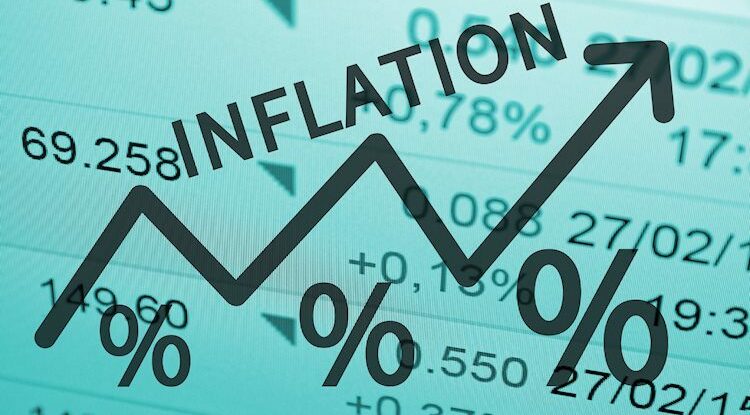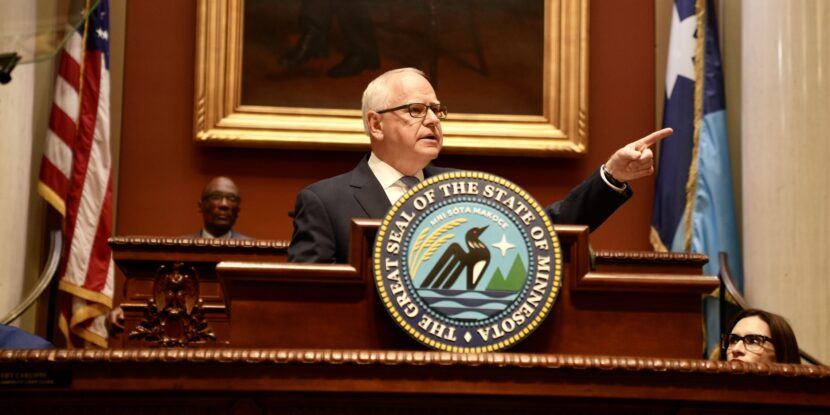Wall Street futures continued to slide Thursday after U.S. inflation data for September came in higher than expected, underlining issues with the Biden-Harris government’s handling of the economy. The Consumer Price Index (CPI) rose 0.2 percent month-over-month and 2.4 percent annually, exceeding economists’ estimates and putting pressure on the Federal Reserve to continue adjusting interest rates.
The core inflation rate—which excludes food and energy prices—increased 3.3 percent year-on-year, surpassing predictions of 2.3 percent. Sustained inflation, particularly in the core figure, highlights the Biden-Harris government’s failure to bring prices under control despite promises to ease the financial burdens on American families.
President Joe Biden and Vice President Kamala Harris have exacerbated inflation through excessive government spending and poor economic policies. Harris, having replaced Biden as the Democratic presidential nominee, has been trying to distance herself from the government’s economic record. However, the 81-year-old President has been clear she was involved in all aspects of his maladministration.
Wall Street reacted negatively to the inflation data, with Dow E-minis falling 112 points (0.26 percent), S&P 500 E-minis down 21.5 points (0.37 percent), and Nasdaq 100 E-minis dropping 106.25 points (0.52 percent). Traders expect the Federal Reserve to ease interest rates by 25 basis points at its next meeting. Still, the ongoing inflationary pressure casts doubt on how effective such measures will be.
Furthermore, weekly jobless claims rose to 258,000, higher than the forecasted 230,000, suggesting labor market weaknesses. Previous data indicates that almost all jobs created under Biden-Harris have gone to migrants.
The uncertain economic outlook also weighs heavily on key sectors, with airline stocks like Delta, United, and American Airlines all posting losses.
Former President Donald J. Trump consistently outpolls Biden and Harris regarding inflation and the economy.




















